SL Second Inclusive and Sustainable DPF
The SL Second Inclusive and Sustainable DPF aims to improve natural resource governance, enhance inclusiveness, and strengthen public finance transparency. The project supports wetlands restoration, afforestation, and the rehabilitation of mined-out lands to promote climate resilience, carbon capture, and ecosystem restoration.


